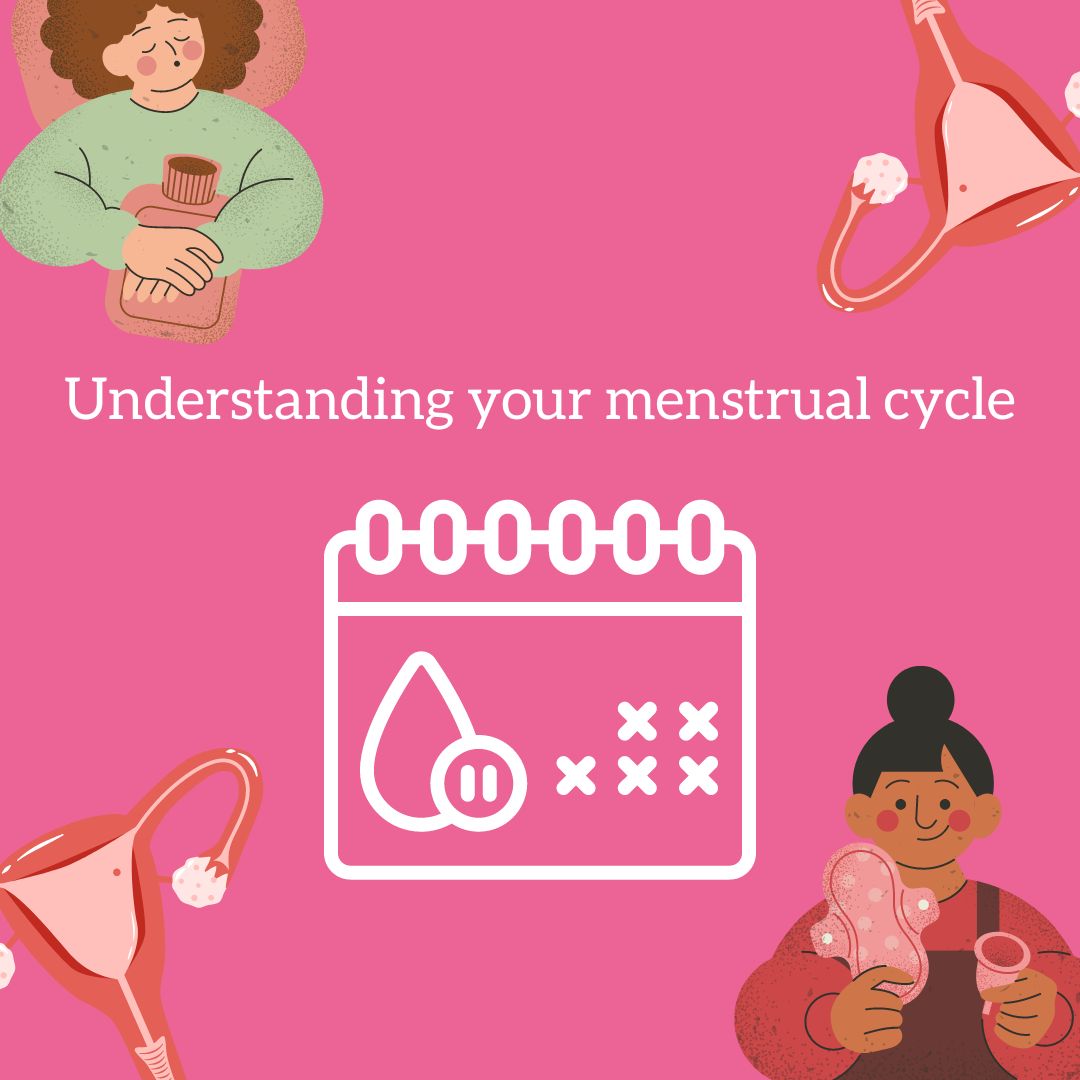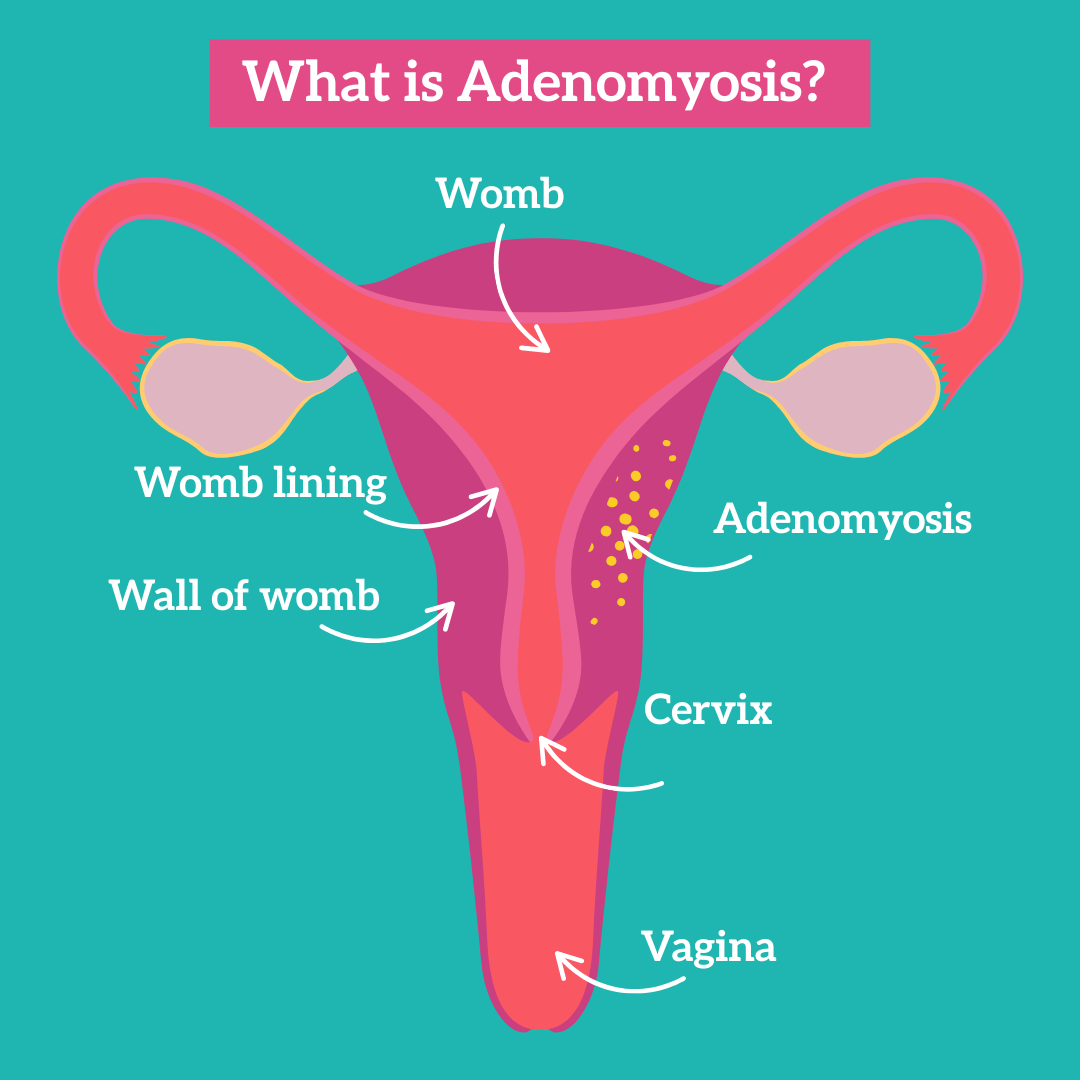3 ways caffeine can affect your period

Caffeine can be an easy go-to when you are feeling tired and in need of a boost of energy during your period. However, too much caffeine can affect your period symptoms, either heightening existing symptoms, or increasing the likelihood of experiencing others.
So how can caffeine affect your period?
1) Mood - many women will experience feelings of low mood, and increased anxiety during their period. This can be worse if you suffer from a hormone imbalance: in terms of anxiety and low mood symptoms, these can be caused by a dominance of progesterone over oestrogen.
Caffeine stimulates the sympathetic nervous system and triggers the release of adrenaline. This means that too much caffeine can leave you feeling nervous, jittery and anxious as well as putting pressure on your adrenal glands.
Our Over the Moon tea contains spearmint, which in small scale studies has been shown to help to balance hormones. The blend also contains chamomile, which is not only anti-inflammatory and linked to reduce cramping, but can also help to increase feelings of calm.
2) Disturbed sleep - Low energy levels and tiredness are common during your period, caused by the fluctuation of hormones during menstruation. Oestrogen levels drop drastically in the few days before your period, which can leave you feeling lethargic and tired.
This can affect your ability to get on with your day, and make you more likely to rely on caffeine in an effort to keep going. But this can disturb your sleep, and impact your energy levels the next day - it's a vicious circle!
Caffeine also has a half-life of approximately five hours, so five hours after your last cup of coffee, half of that caffeine could still be in your system when you are trying to get to sleep.
Instead of caffeinated beverages in the late afternoon/early evening, try a cup of our Night Owl tea. A soothing blend, containing natural herbs and botanicals, that have been used for millennia to support sleep - it really is a hug in a mug!
3) Dehydration - If you are not drinking enough water or if you are prone to diarrhoea during your period, you could be at risk of dehydration.
Dehydration can cause low energy levels, bloating and even period cramps! Caffeine is a natural diuretic. Whilst in moderation it is not harmful, consuming excessive amounts of caffeine can cause you to urinate more often which can, in turn, cause you to lose vital fluids. Cutting back on caffeine, and swapping in water and non-caffeinated herbal teas, will keep you hydrated and help to reduce your chances of suffering from nasty period symptoms.
Get Up & Glow is naturally high in vitamin C and natural sugars. Completely caffeine-free, the natural sugars will give you a boost when you need it the most!
The daily recommended limit of caffeine for adults is 400mg, which is around 4 cups of coffee. However, bear in mind that caffeine will affect people differently depending on factors such as gender, genetics, and age. So whilst small amounts of caffeine may cause negative side effects in some people; others might be less sensitive and able to consume more than 400mg of caffeine without the same side effects.
It’s also important to note that coffee, and black tea are not the only sources of caffeine. Energy drinks are another obvious source of caffeine, but other fizzy drinks such as cola can contain high levels of caffeine, as can chocolate. So be mindful of how much, and what time of the day you are consuming these too.




Comments